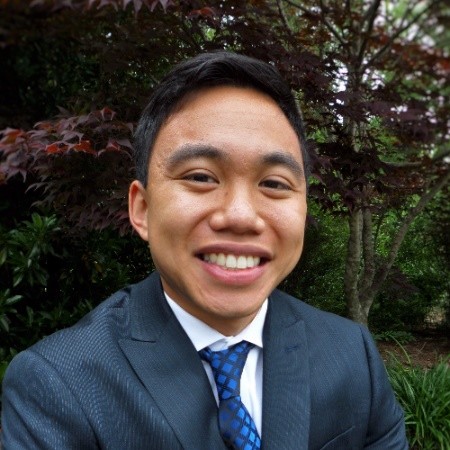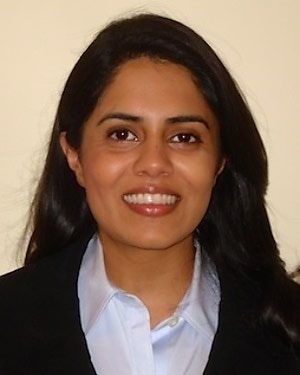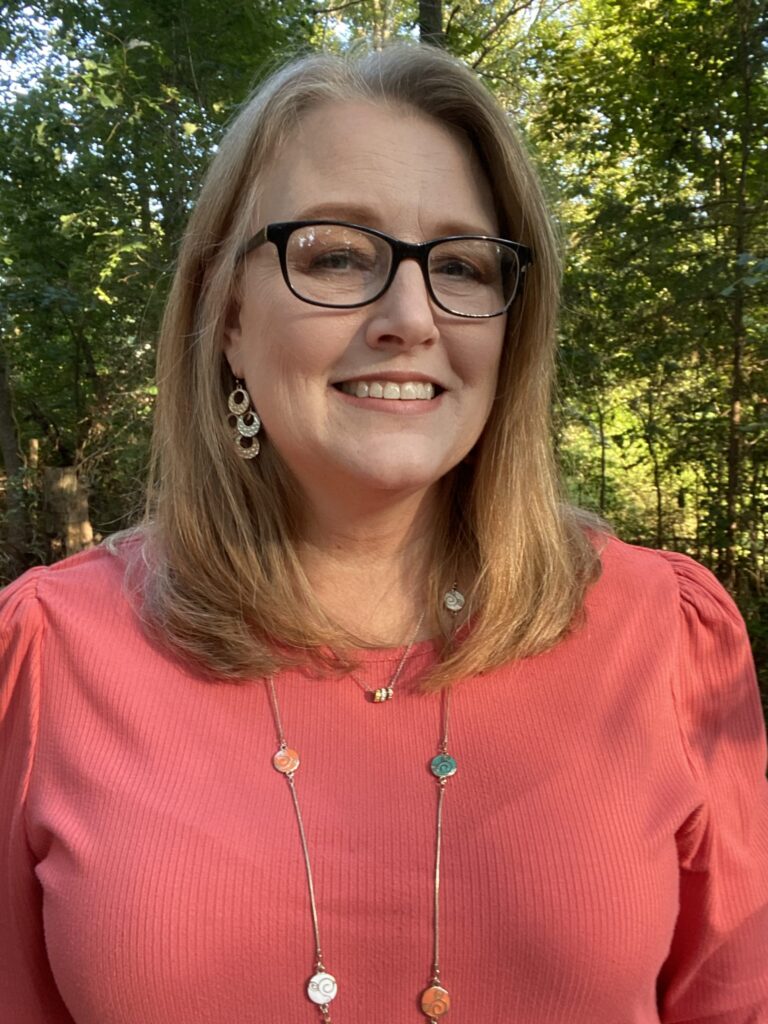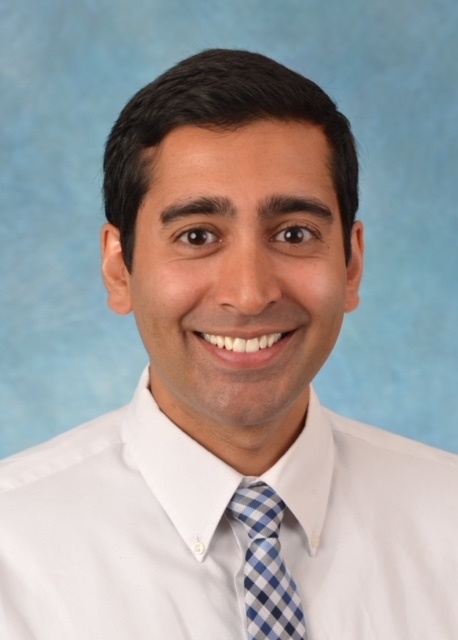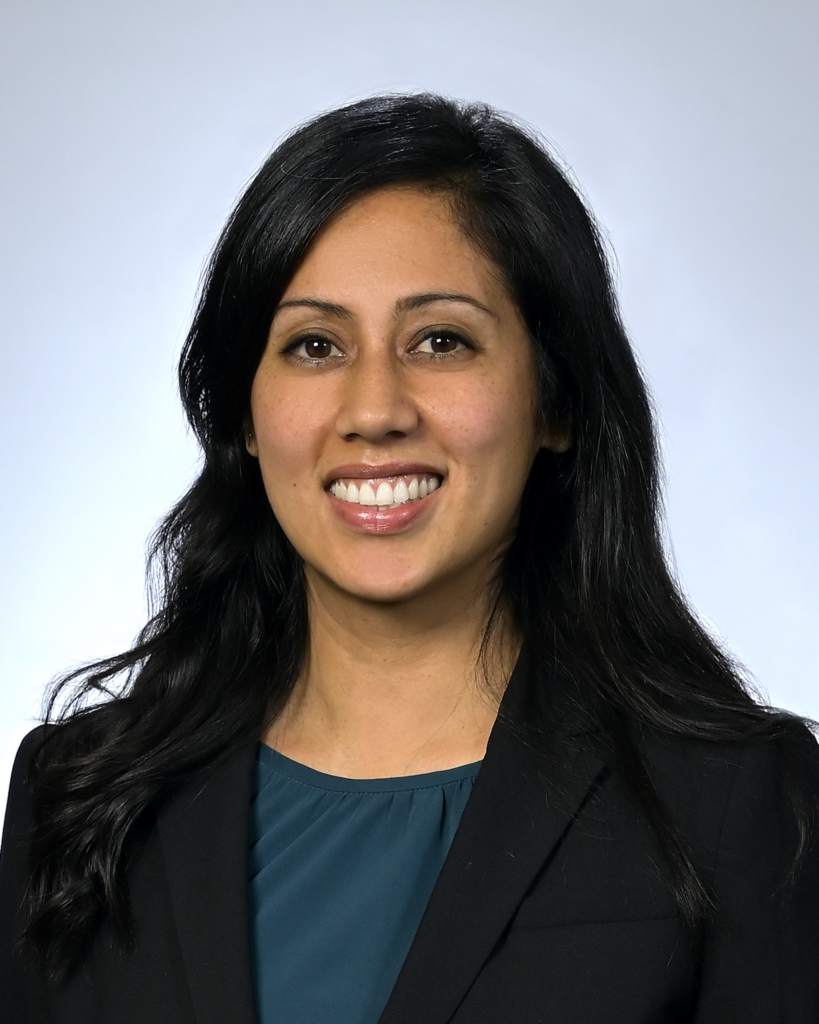Head & Neck Cancer
Our Mission
The role of the medical oncologist in the multidisciplinary care of the head and neck cancer patient is overall treatment planning and the use of anti-cancer medicines.
The majority of patients are treated with a goal of cure. In these cases, systemic therapies (medications that travel throughout the body) such as chemotherapy, targeted therapy, and immunotherapy may be used to shrink cancer prior to surgery or radiation, at the same time as radiation or following surgery or radiation. When cure is not possible, we believe that the purpose of care is to maximize quality of life and duration of life. To this end, we work with patients to individualize treatment plans that minimize side effects and maximize efficacy. Whenever possible, we attempt to use cutting-edge molecular diagnostics, clinical trials, immunotherapy, and targeted therapy to avoid the use of chemotherapy.
We are proud to offer cutting-edge trials aimed at increasing the rate of cure, decreasing side effects, and offering hope where standard therapies cannot. We heavily vet our clinical trials for scientific promise (likelihood of working), minimization of potential side effects, ethics, and patient convenience. We offer trials using novel immunotherapies, cellular therapy (such as tumor infiltrating lymphocytes (TILs), and CAR-T), targeted therapies, and novel agents (phase I).
Our Team
Head and neck cancer requires tight integration of numerous specialists to optimize care. Our team meets every Friday to discuss patients at the UNC Head and Neck Tumor Conference. This conference is attended by clinicians from all related specialties, with a shared passion to reduce suffering from head and neck cancer, including ENT surgeons, radiation oncology, head and neck medical oncology, radiology, head and neck pathology, nurse navigators, and clinical trial coordinators.
We believe strongly that this collaborative approach, with everyone reviewing and discussing imaging, pathology and other data together improves care. We have also physically structured our clinics so that we all see patients in the same space. We believe that this improves care by facilitating interdisciplinary discussions.
Nurse Navigators
-
Nurse Navigator
Nurse Navigator
Nurse Navigator
Nurse navigators are the heart of our program. Nurse navigators provide a single point of contact for patients and their families, allowing us to bring to bear the powerful resources of a large and advanced program, with the ease of a smaller hospital. Nurse navigators provide supportive care, patient counseling and care coordination.
Clinical Pharmacists
-
We have a dedicated head/neck oncology clinical pharmacist. Our pharmacists are experts in treatment selection, side effects, and monitoring. They assist with patient access to medications, counseling on how to take new treatments, and strategies to decrease side effects related to cancer therapy.
Nutrition
Rapid healing is not possible without adequate nutrition, so we are passionate about optimizing it.
Social Work
We greatly value all patients, regardless of ability to pay. We are proud to work at UNC because UNC accepts almost any insurance, as well as patients with no insurance (charity care). We recognize that despite charity care, many patients still have significant barriers to optimal care and work closely with social work to help however we can.
Medical Oncology Providers
-
Assistant Professor of Medicine
Lung cancer clinical research group (POD) leader
Nurse Practitioner
Associate Professor of Medicine
Head/Neck Cancer clinical research group (POD) leader
Assistant Professor of Medicine
Section Chief of Thoracic and Head/Neck Oncology
Professor of Medicine
-

